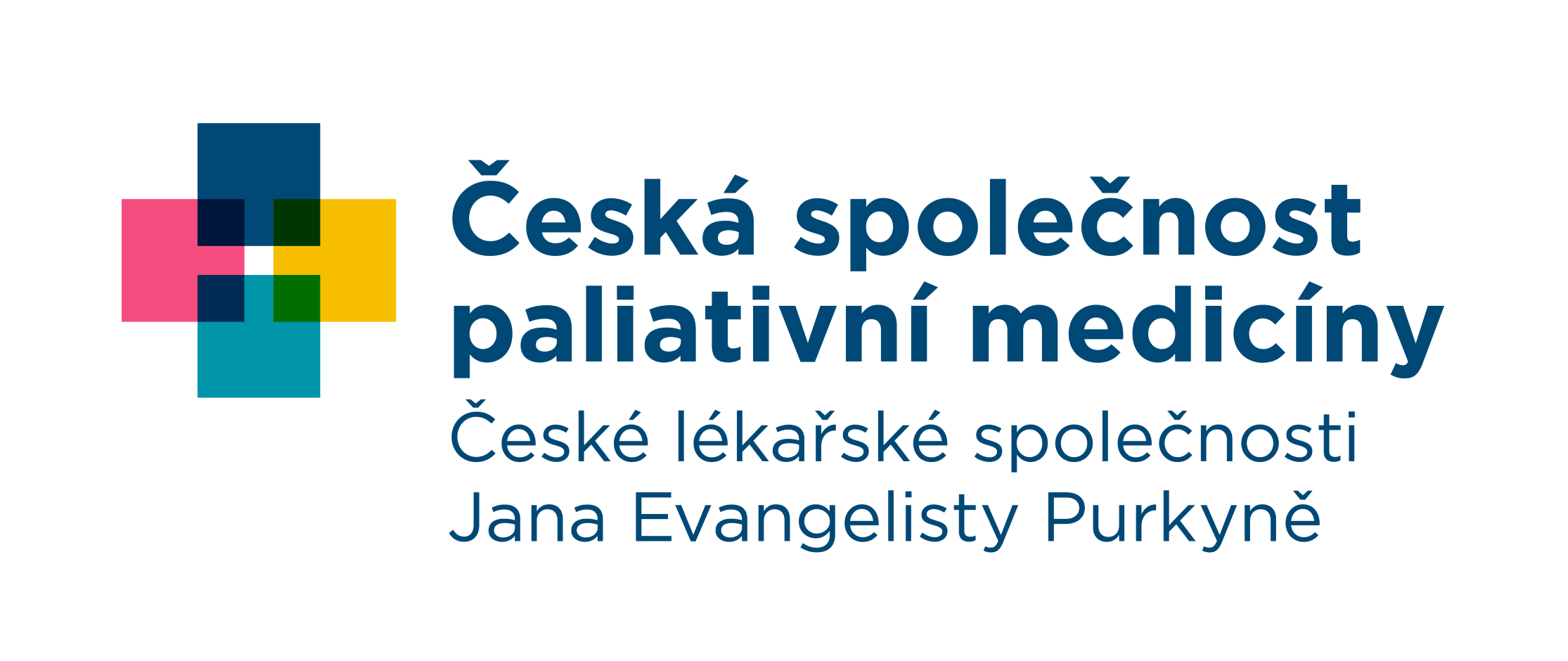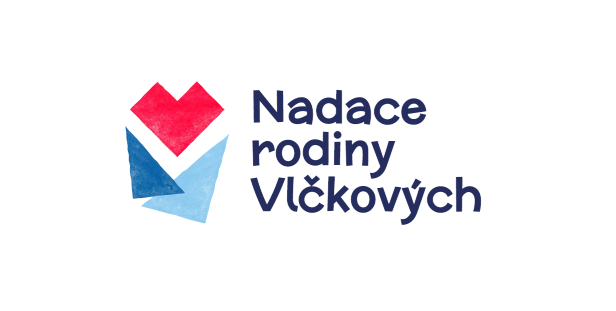Umělé přerušení těhotenství z důvodu těžkého poškození plodu – etická a právní reflexe
Keywords:
abortion, severe fetal abnormality, fetocide, human remains, human dignity, perinatal loss, perinatal palliative careAbstract
The paper presents a case of parents who suffered perinatal loss when they decided to end their pregnancy because of a severe foetal abnormality. The paper offers an ethical and legal perspective of the case. Within the ethical reflection we recall the different concepts of protection of a foetus, discuss the choice between terminating pregnancy in accordance with the conditions set by the law and continuing the pregnancy until natural childbirth. We also discuss the importance of acknowledging the perinatal loss and recognising the role of the parents in spite of this loss, the importance of rituals and the preservation of memories. We then complement the ethical reflection with a legal analysis. On the legal level, we focus primarily on the legal conditions of performing abortion, the legal requirements for informing a woman about the possibility of terminating the pregnancy or, conversely, continuing the pregnancy until birth, the conditions for performing an autopsy and the disposition of human bodies in case of a miscarriage, abortion and stillbirth. We also draw attention to the inconsistent use of terminology when referring to cases of abortion, miscarriage and stillbirth and explain the legal consequences that may be associated with this incorrect 'categorisation'.
References
AWMF-Leitlinien-Register Nr. 024/019 Entwicklungsstufe S2k Frühgeborene an der Grenze der Lebensfähigkeit. Federführende Fachgesellschaft: Gesellschaft für Neonatologie und Pädiatrische Intensivmedizin. 4. Auflage 24.06.2020.
Bundesverband „Das frühgeborene Kind” e.V. (Hrsg.) / AG PaLuTiN (Palliativ- und Trauerbegleitung in der Neonatologie): Leitsätze für Palliativversorgung und Trauerbegleitung in der Peri- und Neonatologie. Informationen für medizinische und psychosoziale Fachkräfte im Bereich von Pränataldiagnostik, Schwangerschaftskonfliktberatung, Geburtshilfe, Neonatologie, Pädiatrie und Nachsorge, Frankfurt am Main: 2018. Dostupné z Leitsätze-Neonatologie-PCare-Trauer-1.pdf (landesstelle-bw-wegbegleiter.de) (11. 10. 2022).
Cesta domů (autorky: Sára Balabánová, Eliška Mlynáriková): PERINATÁLNÍ PALIATIVNÍ PÉČE o vážně nemocné děti před narozením a po něm. Život našeho dítěte bude kratší, než jsme doufali, Cesta domů: Praha, 2021.
Dítě v srdci: Dvanáctero pro provázení. Dostupné z Dvanáctero pro provázení | Dítě v srdci (ditevsrdci.cz) / Komunikační karty při úmrtí miminka.
Dítě v srdci, Memoryboxy pro zdravotníky | Dítě v srdci (ditevsrdci.cz); MEMORYBOX - Dítě v srdci - YouTube.
Fassier, T. H./Azoulay, E.: Communication with families of dying patients in the ICU. In: Kuhlen, R. et al. (Hrsg.): 25 years of progress and innovation in intensive care medicine. Berlin: Medizinisch Wissenschaftliches Verlagsgesellschaft, 2007, s. 481-492; Campbell, M. L./Guzman, J. A.: Impact of a proactive approach to improve and-of-life care in a medical ICU, 2003, Chest 123, s. 266-271.
Garten, Lars / Kerstin von der Hude (Hrsg.): Palliativversorgung und Trauerbegleitung in der Neonatologie. 2. Auflage, Berlin: Springer-Verlag, 2019, s. 29-30.
Hálek, Jan: Hranice viability. PowerPoint prezentace z přednášky na první a mezinárodní Konferenci perinatální paliativní péče v ČR, organizované Perinatálním hospicem Dítě v srdci a konané v Praze 20. 5. 2022.
Mathwig, Frank: Handeln, das nach Einsicht fragt. Beiträge zur theologischen Ethik herausgegeben von Magdalene L. Frettlöh und Matthias Zeindler, Zürich: Der Theologische Verlag Zürich, 2021, s. 211-213.
Spaemann, Robert: Wer jemand ist, ist es immer. Es sind nicht die Gesetze, die den Beginn eines Menschenlebens bestimmen. In: Geyer, Christian (Hg.): Biopolitik. Die Positionen, Frankfurt am Main: Suhrkamp, 2001, s. 73-81.
Stanovisko Sekce pro etiku v paliativní péči České společnosti paliativní medicíny ke kultuře zacházení s těly zemřelých, smutečního rozloučení a pohřbívání v kontextu onemocnění Covid-19 (2021). Dostupné z https://www.paliativnimedicina.cz/wp-content/uploads/2021/05/stanovisko-sepp_zachazeni-s-tely-1.pdf.
Šámal, Pavel a kol.: Trestní zákoník II. Komentář. 1. vydání, Praha: C.H. Beck, 2010, s. VII-VIII, 1294-1295, 1461, 1481, 1507-1508.
ÚZIS ČR, Metodika NZIS Národní registr potratů. Dostupný z https://www.uzis.cz/res/files/registry/nrrz/nrrz-pot-metodika-034-20200401-pdf.
Weberová Chvílová, Magdalena: Perinatální paliativní péče. In: Sláma, Ondřej, Kabelka, Ladislav et al.: Paliativní medicína pro praxi. Třetí, přepracované a rozšířené vydání, Praha: Galén, 2022, s. 301.




